In the ever-changing crypto market, the development of decentralized ecosystems has brought many potentials but also many challenges.
In early August 2024, the NFT market saw a slight decline, but on Solana ($SOL ), prominent collections like DeGods and y00ts broke out, highlighting the resilience of decentralization on these platforms despite the volatility. Similarly, collections like CryptoPunks have remained strong with impressive trading volumes.
In the DeFi space, despite the decline in total value locked (TVL) on major networks like Ethereum, BNB Chain ($BNB ) has maintained stability. Binance's Meme Coin Innovation Battle event attracted great interest, spurring the launch of many memecoins, proving that even in difficult times, decentralized ecosystems like BNB Chain continue to innovate and grow.
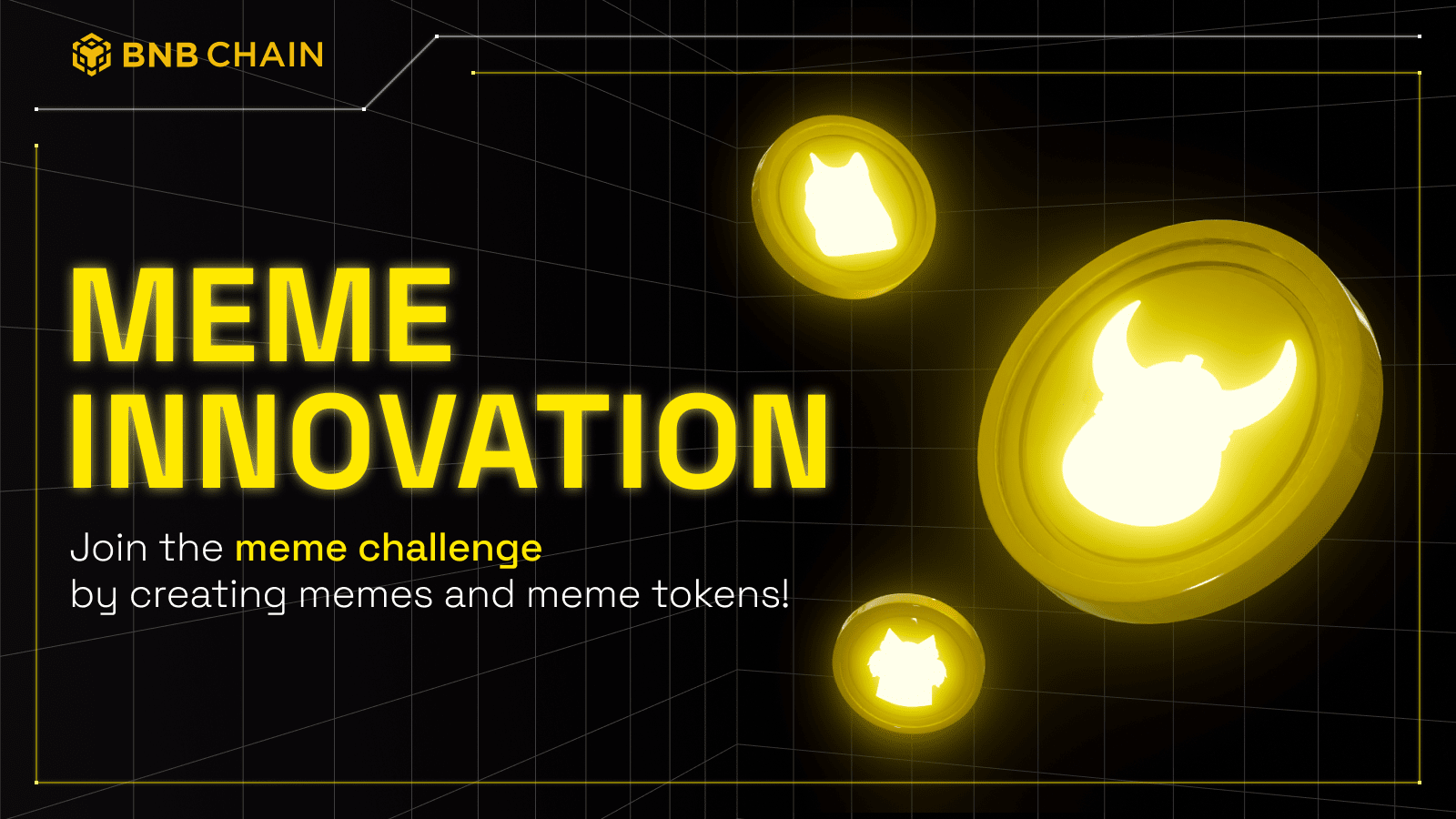
But decentralization isn’t always the silver bullet. Recent events like the Sonos debacle and the FriendTech “collapse” have shown that both centralized and decentralized systems have their own weaknesses without wise leadership.
Sonos Issues: When the Music Stops
Sonos, known for its high-quality wireless speakers, has been in the midst of an app crisis. Its stock has lost 32% of its value this year, and users have been frustrated by an app update that has caused a number of devices to stop working. This is not only a serious incident, but also a testament to the risks of centralized systems, where one company has complete control over both software and hardware, and even a small mistake can have serious consequences.
For Sonos users, the issue is more than just losing access to music. It’s a breach of trust and financial loss, highlighting the fragility of centralized services that rely on a single entity for updates and support.
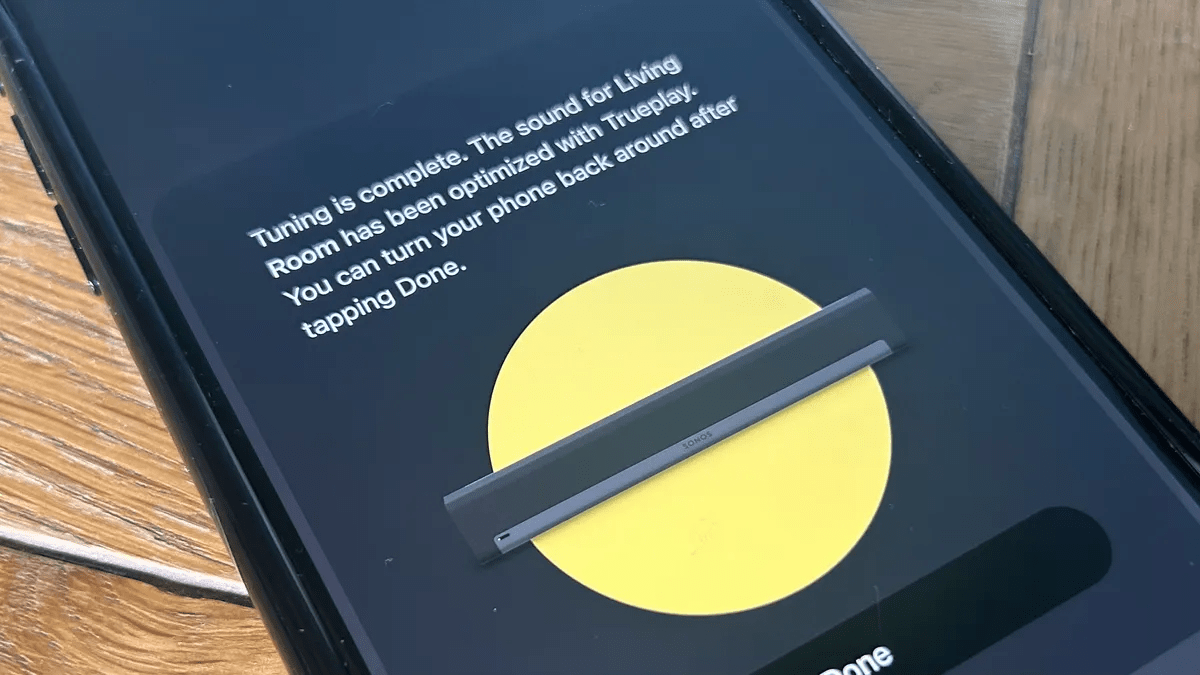
FriendTech: Social Networks Close the Door to the Future
While Sonos exemplifies the downside of centralization, FriendTech shows the risks of going too far in the direction of decentralization. While once a Web3 phenomenon with its token-to-access model, user interest in FriendTech has faded.
The developers made a shocking decision: transferring control of the platform's smart contracts to Ethereum's null address ($ETH ), which means that when control is no longer in the hands of a specific group or individual, the platform becomes immutable, and in theory, no one can interfere or change the rules and conditions of the smart contracts.
However, this also means that the project has closed off any opportunity for future growth or change. This leads to a state of inactivity with no chance of recovery, demonstrating the risks of over-decentralization.
Imagine logging into your favorite social platform one day and realizing that the developers have disappeared, leaving behind a digital ghost town. This decision, while in keeping with the principles of decentralization, kills any chance of growth for the platform. Unable to roll out new features or adapt to users, FriendTech’s future becomes uncertain.
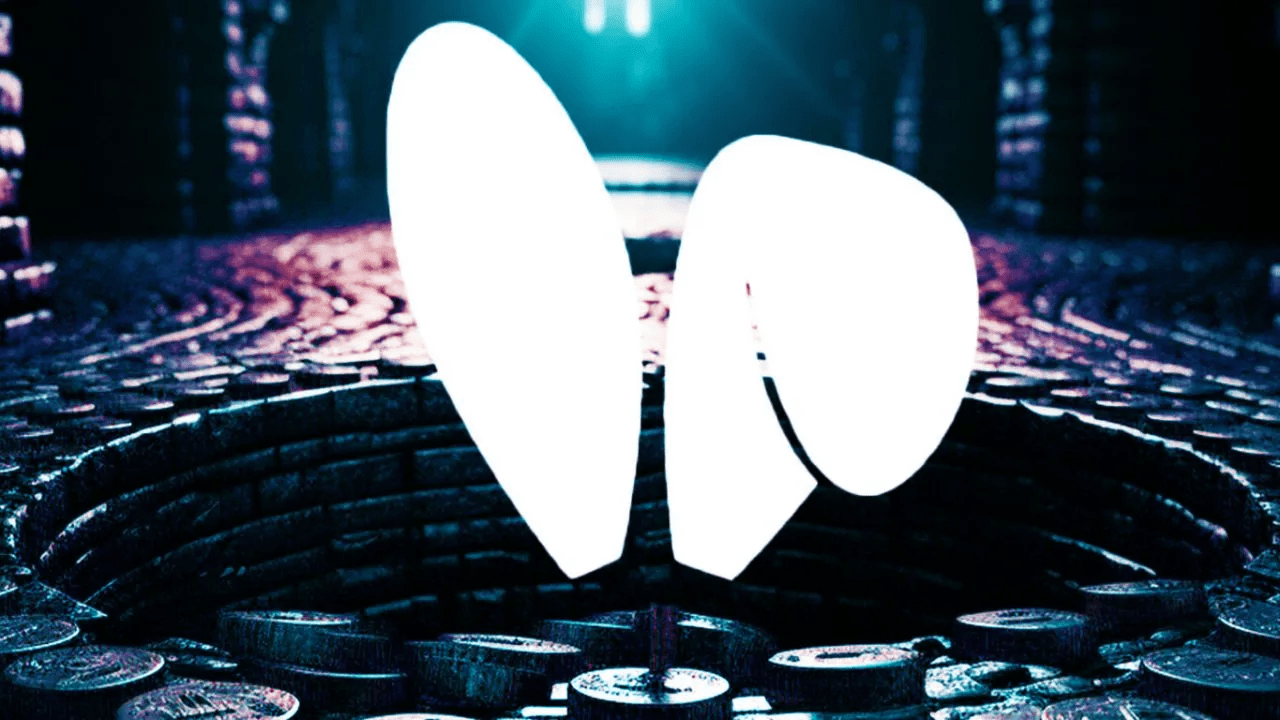
A Delicate Balance: Walking the...Tightrope in the Digital World and Koii Network's Self-Healing Solution
Through the examples of Sonos and FriendTech, it is clear that decentralization is not a one-size-fits-all solution. The key is to find a balance between centralized and decentralized control, where systems can be decentralized while still maintaining the ability to adapt and evolve over time.
The Sonos debacle and the FriendTech collapse are stark warnings of the need for careful governance in a decentralized world. Users need systems that ensure autonomy, protect assets, and are sustainable. For developers, building platforms requires a long-term vision, flexibility in management, and sophistication in each step of implementation.
At Koii Network, the development team is building technologies such as SCALE (Cycle Linear Ledger Extensions) and CARP (Computation & Reputation Protocol), aiming to create systems that are not only sustainable but also user-centric, aiming to create decentralized systems that are self-healing, self-improving and adaptable, allowing users to grow with the system without being limited by technical factors.
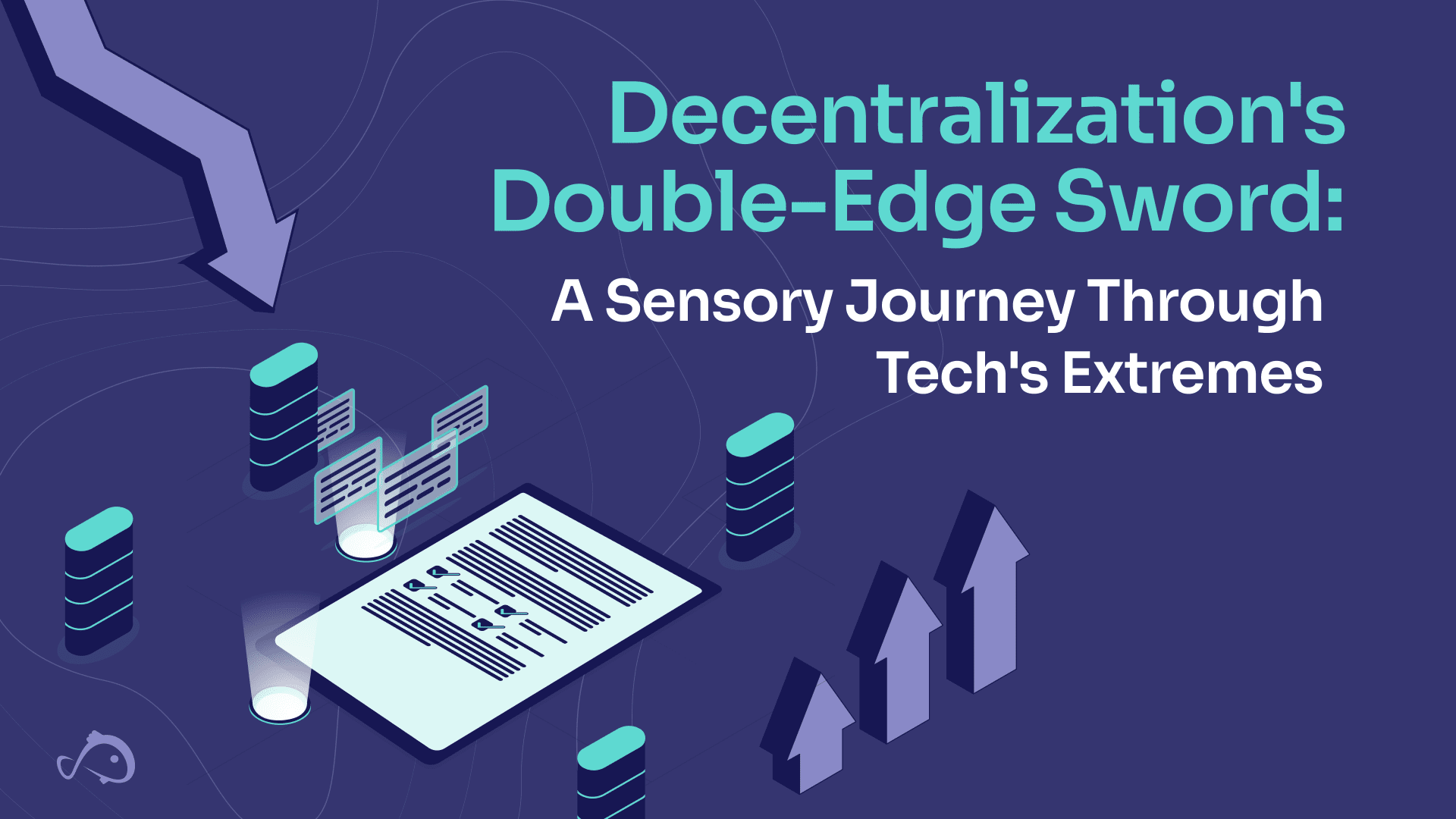
The Future of Decentralization: Sustainable but Cautious
Decentralization is not simply a technological solution, nor is it limited to audio systems or social networks. With platforms like Koii Network, the potential of this technology opens up new opportunities in a variety of areas, from censorship-resistant social media platforms, privacy-preserving search engines, to fairer financial systems. Koii Network is ushering in a new future with the launch of the Koin VPN and the $LIBER token, bringing fairness and transparency to finance.

Imagine a decentralized music streaming service where everything from storage to processing is distributed across a network of users. This not only reduces the risk of system-wide failures like what happened to Sonos, but also ensures that your music is always available, just a hop across decentralized nodes away.
If you want to be a part of this process and contribute to the future of technology, the Koii X Truflation Hackathon is for you. Explore creativity, compete for exciting rewards, and join the journey to realize the vision of a sustainable decentralized world with Koii Network. Join the Koii Network Discord community (www.discord.gg/koii-network) and start this journey!
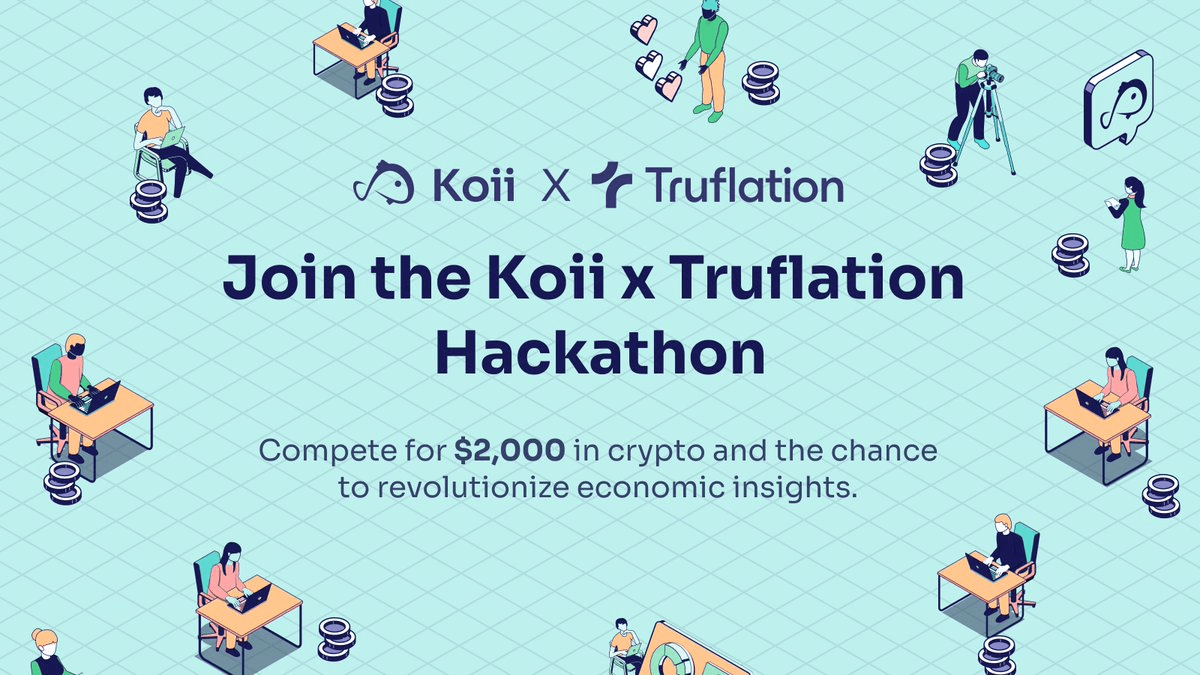
#DePIN #AI #SOL #TON #KoiiNetwork
●●●
Follow me for more analysis on Koii Network, DePIN and other potential blockchain projects.
Use code: F593F59B7F85
Or click the link below to get $KOII token reward from my ref and explore the new blockchain era with Koii Network:
https://www.koii.network/node?promo=F593F59B7F85

